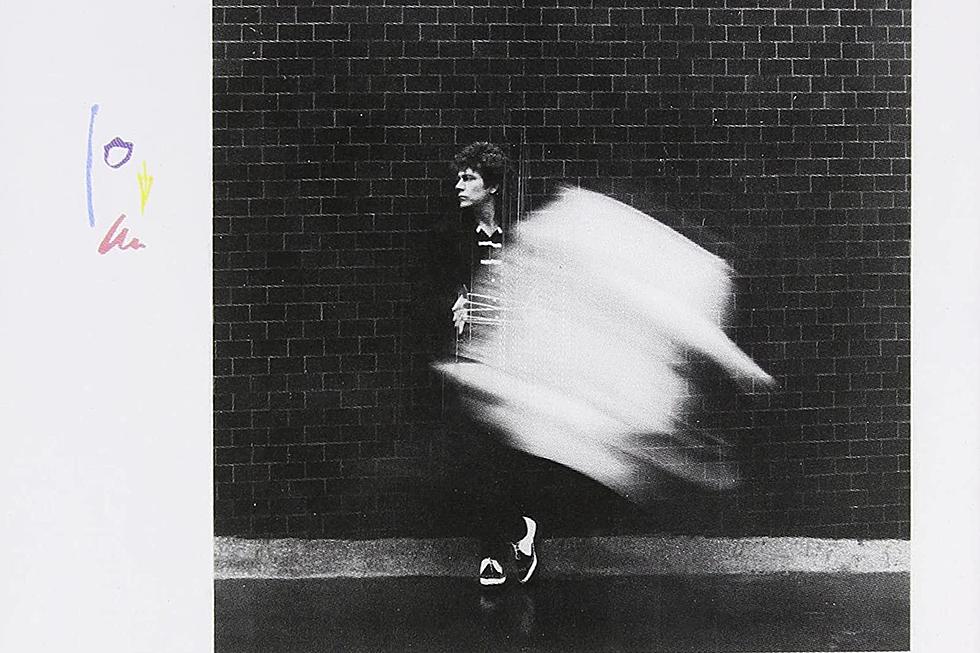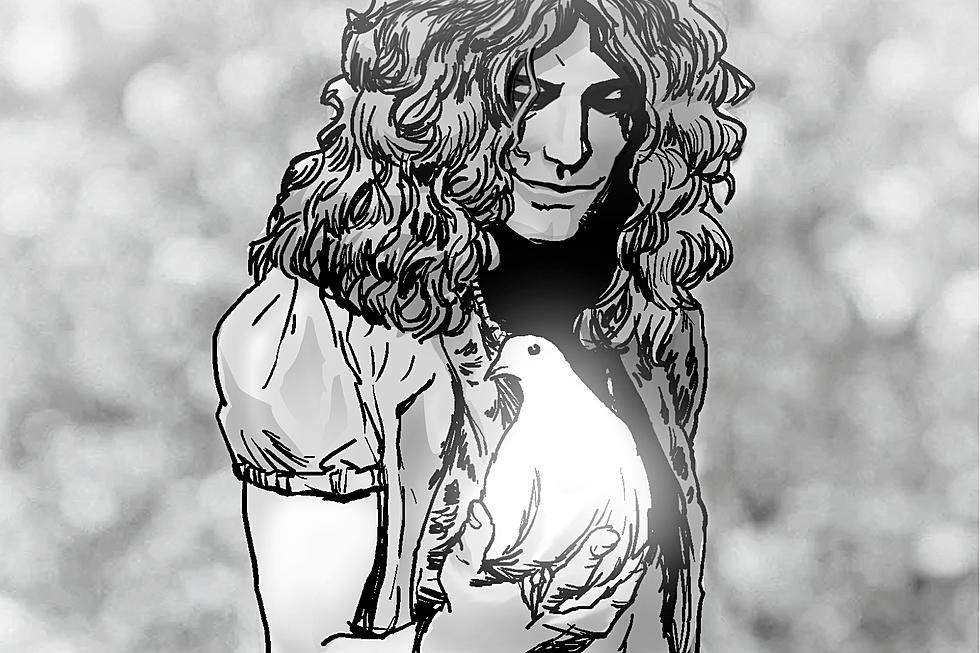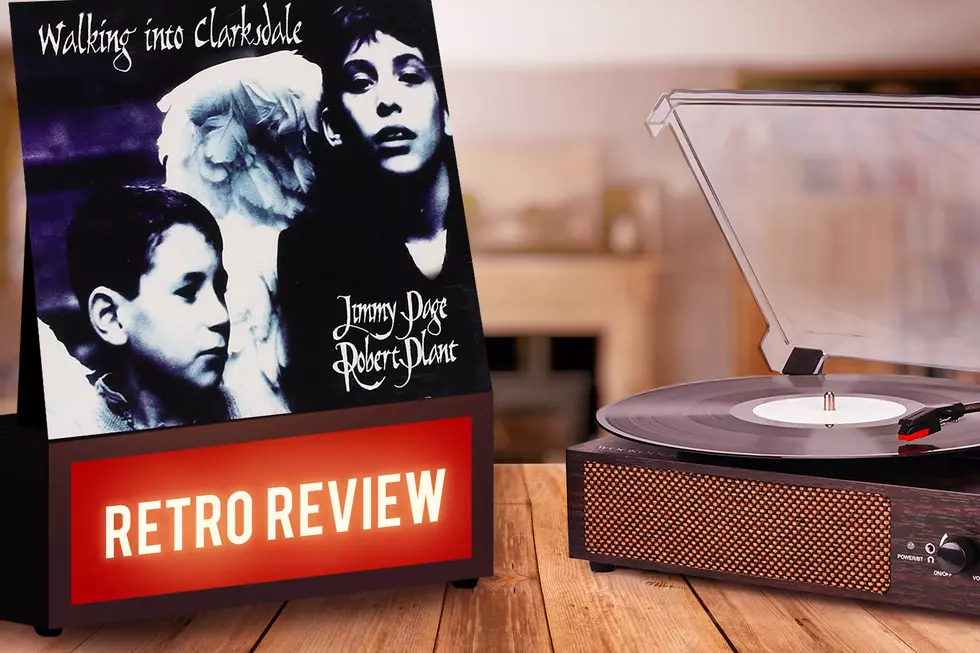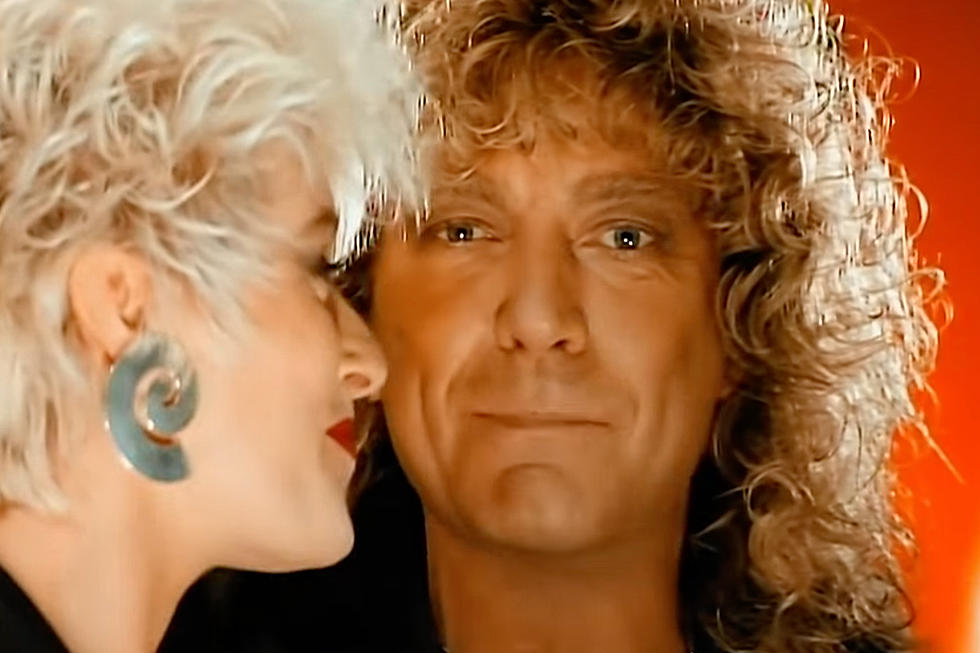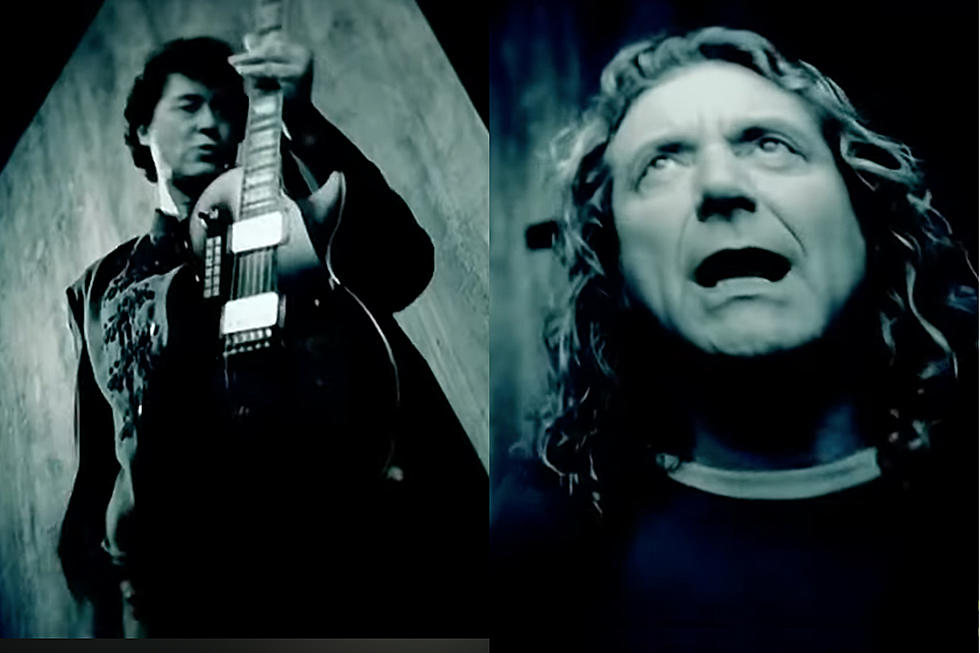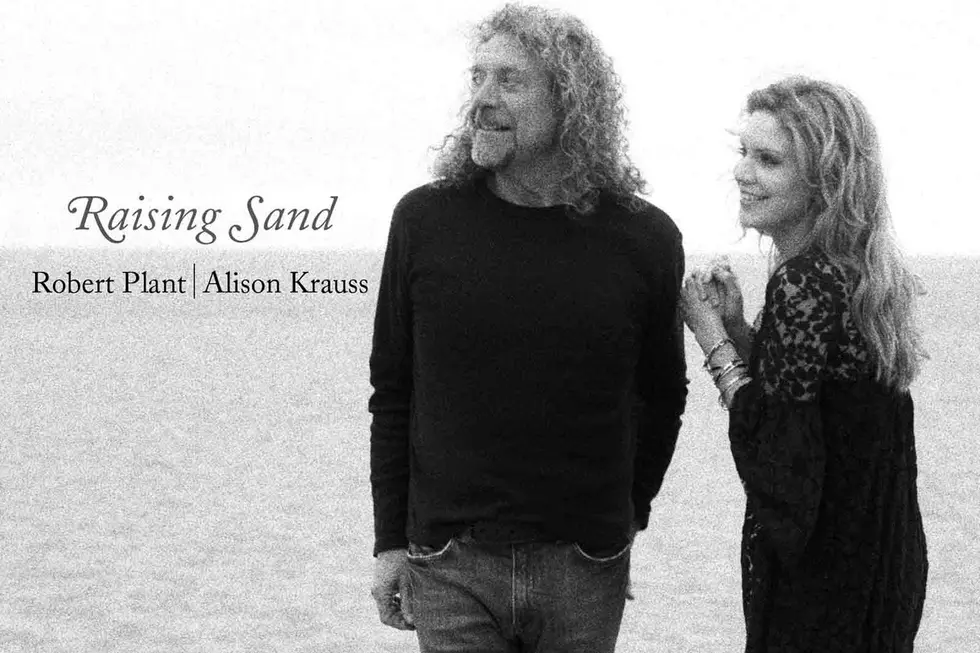
When Robert Plant Dug Up Some Roots on ‘Raising Sand’
Robert Plant had already expanded his musical horizons beyond his Rock God past by the time he made Raising Sand with bluegrass and country singer Alison Krauss in 2007. But that album, released on Oct. 23, steered his music, his singing and his solo career into new territories.
His previous studio project, 2005's Mighty ReArranger, combined world music with some familiar-sounding rock 'n' roll crunch that nodded to his Led Zeppelin days. As far back as the '80, Plant was exploring the bridge between Eastern and Western music, a seed that was planted on Zeppelin records like "Kashmir" and their mostly unplugged third album.
But Raising Sand was something different: a head-first dive into Americana music that encompassed folk, bluegrass, country and early rock 'n' roll. And it turned out to be a turning point for Plant, whose subsequent albums – like 2010's Band of Joy and 2014's Lullaby ... and the Ceaseless Roar – are among the most rewarding of his solo career.
Raising Sand collected its 13 songs from a number of places. Producer T Bone Burnett, whose dry and often airless soundscapes provide the album with much of its dusty appeal, chose the songs from a variety of singer-songwriters and artists from a number of genres. Album opener "Rich Woman" was first recorded, and co-written, by R&B singer Li'l Millet in 1955; the closing "Your Long Journey" was co-written by country and folk singer-songwriter Doc Watson.
In between were mostly obscure tracks originally written or performed by the Everly Brothers ("Gone Gone Gone"), Allen Toussaint ("Fortune Teller"), Tom Waits ("Trampled Rose") and Townes Van Zandt ("Nothin'"). There were two by former Byrds member Gene Clark, "Polly Come Home" and "Through the Morning, Through the Night." And there was even one Plant wrote with his former Led Zeppelin bandmate Jimmy Page that the pair first recorded on their 1998 album Walking Into Clarksdale, "Please Read the Letter."
Listen to Robert Plant and Alison Krauss' 'Rich Woman'
Coupled with Krauss' sweet soprano, Plant's voice, dropped to a deep growl on some of Raising Sand's most effective and haunting moments, finds new registers and purpose. He's not the swaggering rock 'n' roll beast he was three decades earlier, and the soft, nuanced tones he applies to many of the songs revealed the great world singer he grew into over the years. For a steamrolling British vocalist who was accused of ripping off blues music so many years before, Plant sounds like a genuinely sensitive Americana artist on Raising Sand.
Producer Burnett certainly helped with that. His work, by turns, can be admirably stripped down or overly brittle. It falls somewhere in between on Raising Sand, which pulls its source material toward his style – he assembled the roots-reviving O Brother, Where Art Thou? soundtrack, and worked with Gregg Allman, Elvis Costello and Roy Orbison over the years – without falling too deep into it.
Plant and Krauss, for their part, don't work too hard to nail this tone of authenticity. Their casual readings of the songs feel natural for the artists, who first teamed up at a Rock and Roll Hall of Fame tribute concert for Leadbelly in 2004. They meet halfway, giving the album a back-roads darkness that finds the common ground among folk, country and rock music, and all the varied shades (bluegrass, rockabilly, etc.) in between.
Raising Sand was an immediate hit, debuting at No. 2, giving Plant the best-charting album of his solo career. (It also debuted at No. 2 on the country chart.) It sold more than a million copies and went on to win all five of the Grammy Awards it was nominated for, including the coveted Album of the Year.
After years of rumors regarding whether the two singers would record more material, a follow-up album, Raise the Roof, arrived in 2021 and was once again met with critical acclaim.
Led Zeppelin Albums Ranked
Why Led Zeppelin Won’t Reunite Again
More From Q 105.7



